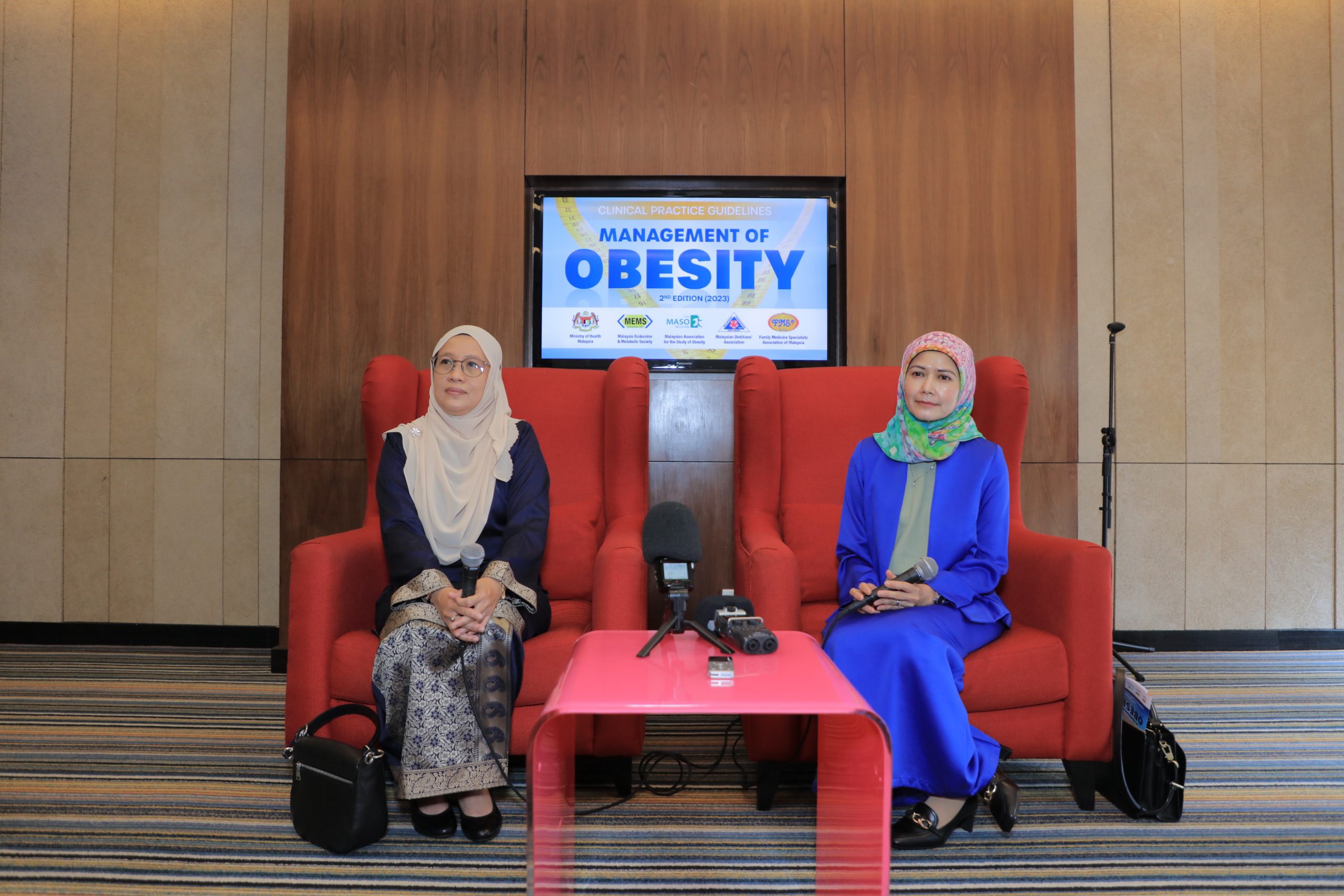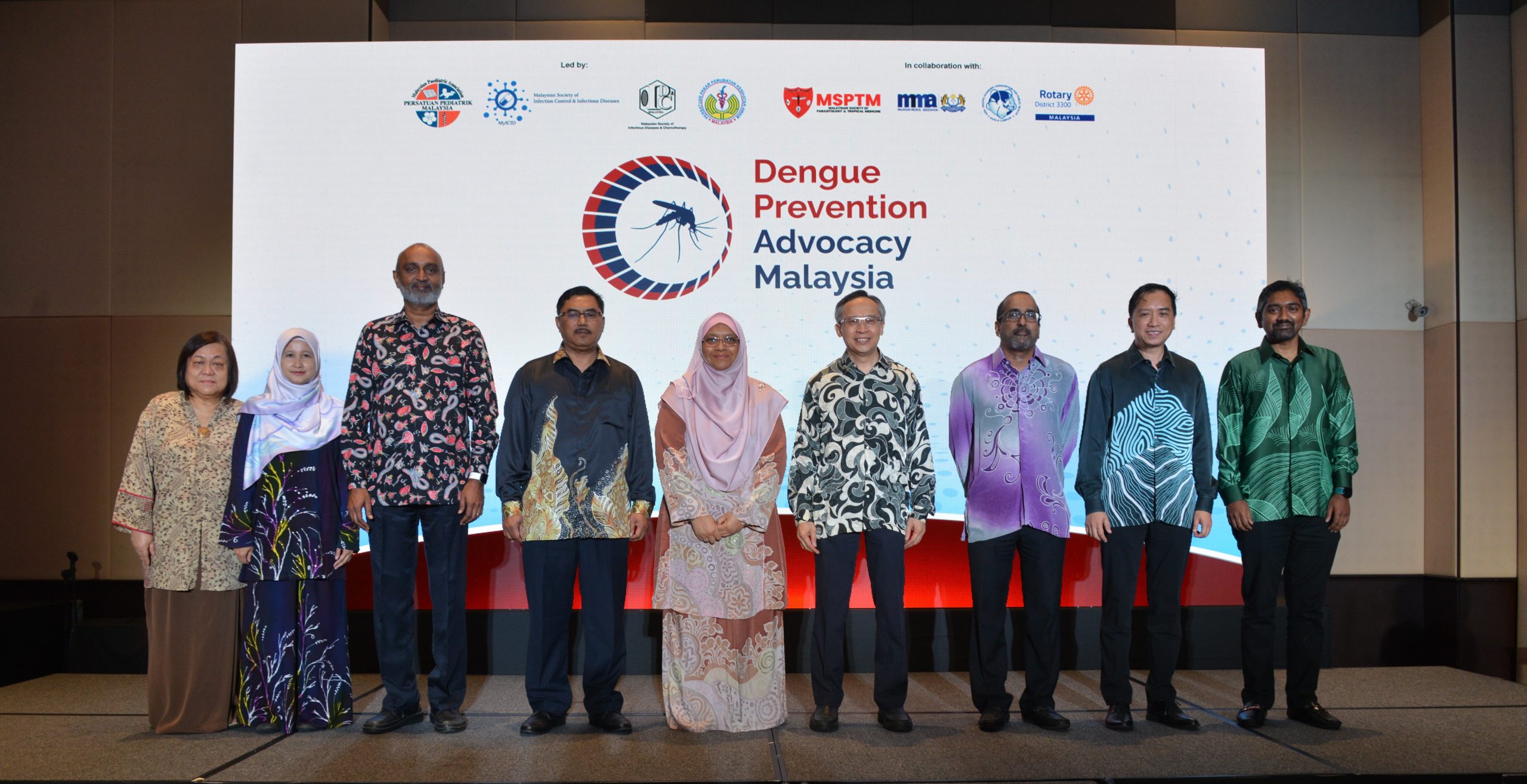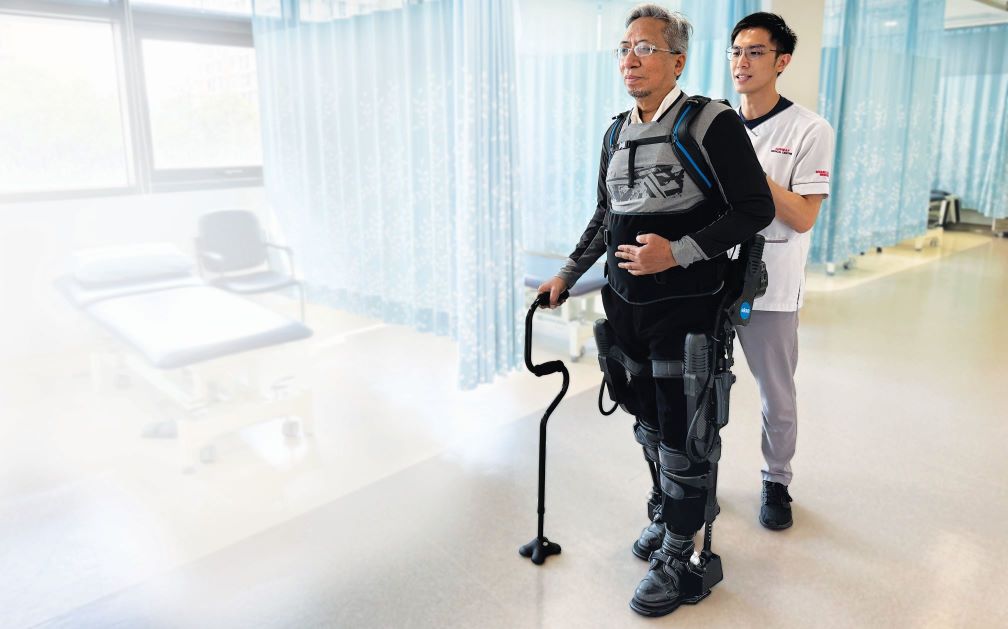WORDS LIM TECK CHOON
We’ve all read about it and probably memorized the statistics by now: Malaysia is among the heaviest countries in Asia, if not the world. Perhaps unsurprisingly, there is also a high prevalence of chronic diseases such as type 2 diabetes, high blood pressure, and others that are linked to obesity.
AN URGENT IMPETUS TO CURB THE OBESITY PANDEMIC IN MALAYSIA
Obesity is classified as a chronic or long-term disease. As such, Malaysian healthcare professionals have banded together in their commitment to provide Malaysians with the best treatment options and accessibility to these treatments.
A milestone in this commitment took place on 9 June 2023, with the release of the 2nd edition of the Clinical Practice Guidelines for the Management of Obesity.
The clinical practice guidelines are jointly published by the Ministry of Health Malaysia, the Malaysian Endocrine & Metabolic Society (MEMS), the Malaysian Society for the Study of Obesity (MASO), the Malaysian Dietitians’ Association (MDA), and Family Medicine Specialists Association of Malaysia (FMSA)—a multidisciplinary collaboration comprising endocrinologists, dietitians, and more.
The launch of the clinical practice guidelines was officiated by Dr Mohd Ridzwan Shahari, the Deputy Director of Medical Development Branch of the Medical Development Division, representing Dato’ Dr Asmayani Khalib, Deputy Director-General of Health (Medical) of the Ministry of Health Malaysia.
AN UPDATED BLUEPRINT OF NEW & ROBUST STRATEGIES TO PREVENT & MANAGE OBESITY
The initial edition of the clinical practice guidelines was released in 2004. With almost 20 years since then, much had changed when it comes to prevalence of, attitude towards, and management approaches for obesity.
As Dr Nurain Mohd Noor the President of MEMS, puts it: “Overweight and obesity in Malaysia is growing with every passing year. Based on the National Health and Morbidity Survey, in 2011, the prevalence was already at 44.5%, and in 2019, it has risen to a staggering 50.1%, whereby half of the population is now classified as overweight or obese.”
As such, the revision of the existing clinical practice guidelines is most timely and necessary. Professor Dr Norlaila Mustafa, Chairperson of the CPG Development Committee, reveals that the committee attracted experts from diverse field—endocrinology, psychology, dietetics, sports medicine, family medicine, paediatric endocrinology—to revise the existing guidelines to incorporate breakthroughs and advances that offer promising solutions in the last 20 years.
Some of the revisions and expansions include:
- Expanding the range of recommended medications and medical procedures to treat obesity.
- Updates on medical nutrition therapy to introduce successful and effective changes to a patient’s diet.
- Emphasis on psychological interventions, such as cognitive behavioural therapy, to motivate patients into adopting and maintaining lifestyle changes to maintain a healthy weight.
With regards to the third point, Prof Dr Norlaila brings up tools include the Binge Eating Scale, which helps to identify individuals with binge eating disorder, ‘SMART’ strategy that aids in a patient’s goal setting, and problem-solving techniques such as ‘IDEAL’ to support patients when faced with setbacks in their weight management journey.
A NEW BASIS FOR BODY MASS INDEX
A key issue raised during the launch was the need for a lower cut-off point for diagnosis of overweight and obesity among Asians.
This is because the current body mass index or BMI system was initially based on the physiology and fat composition of Caucasians.
Asians, on the other hand, typically have shorter height and higher body fat percentages. Research has shown that the risk of type 2 diabetes, high blood pressure, and other weight-associated chronic diseases tend to rise for Asians at a lower BMI point.
Hence, based on evidence gathered from research on Asians, the following BMI categories are recommended for use in Malaysia:
| BMI | CATEGORY |
| 23 to 27.4 kg/m2 | Overweight |
| 27.5 kg/m2 and above | Obese |
A FOUNDATION FOR A ROLLOUT OF IMPROVED PREVENTION & MANAGEMENT OF OBESITY PROGRAMME IN MALAYSIA
Prof Dr Norlaila shares her hopes that the release of the revised Clinical Practice Guidelines for the Management of Obesity will become a primary cornerstone for treatment and prevention, as well as health awareness programmes in Malaysia.
She reveals that future plans include making weight management and obesity treatment services available in more primary healthcare points such as general practitioners, educational talks and programmes in schools, and more.
| Interested healthcare professionals can download a digital copy of the Clinical Practice Guidelines for the Management of Obesity (2nd Edition) at the Academy of Medicine of Malaysia here (link opens in a new tab). |







